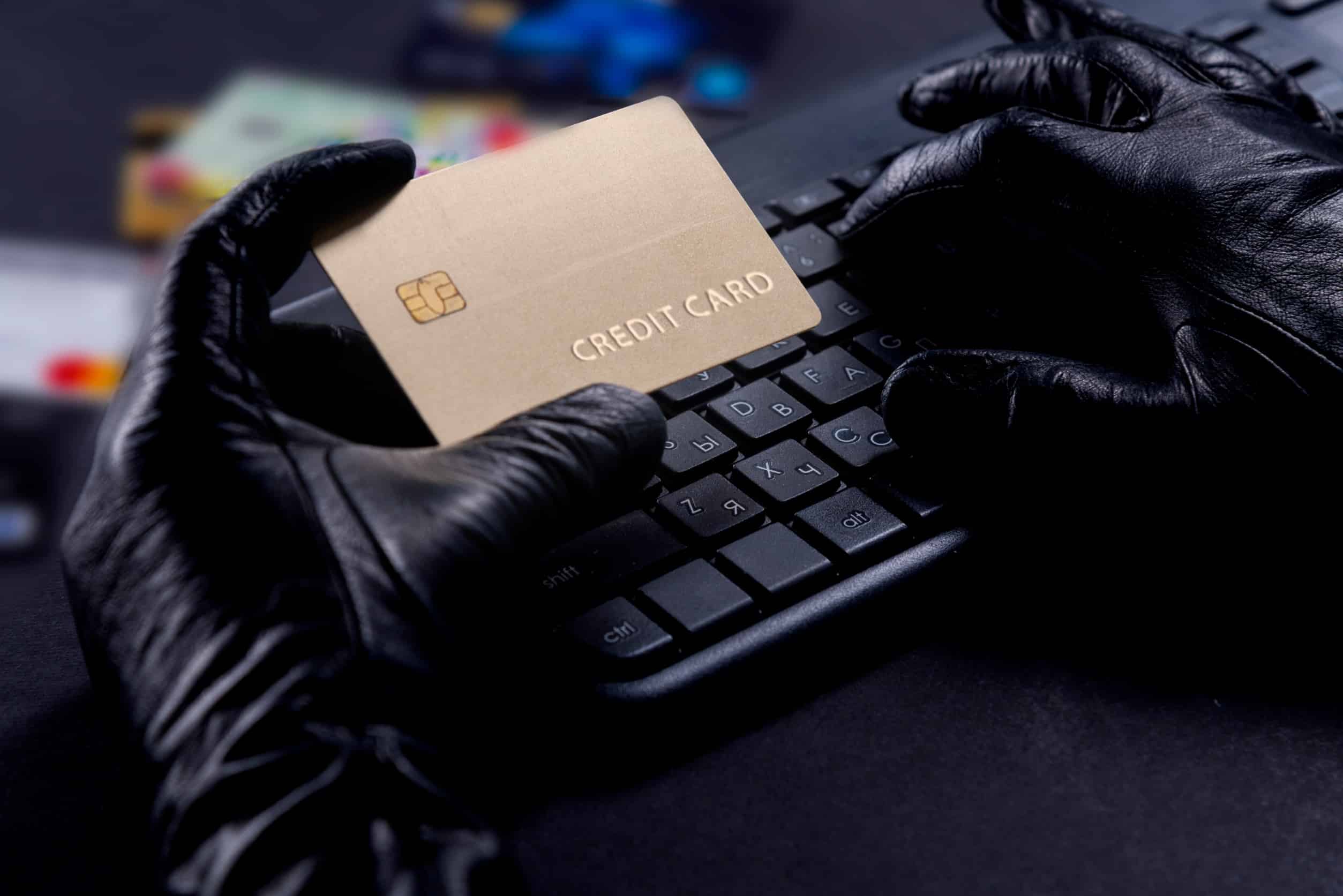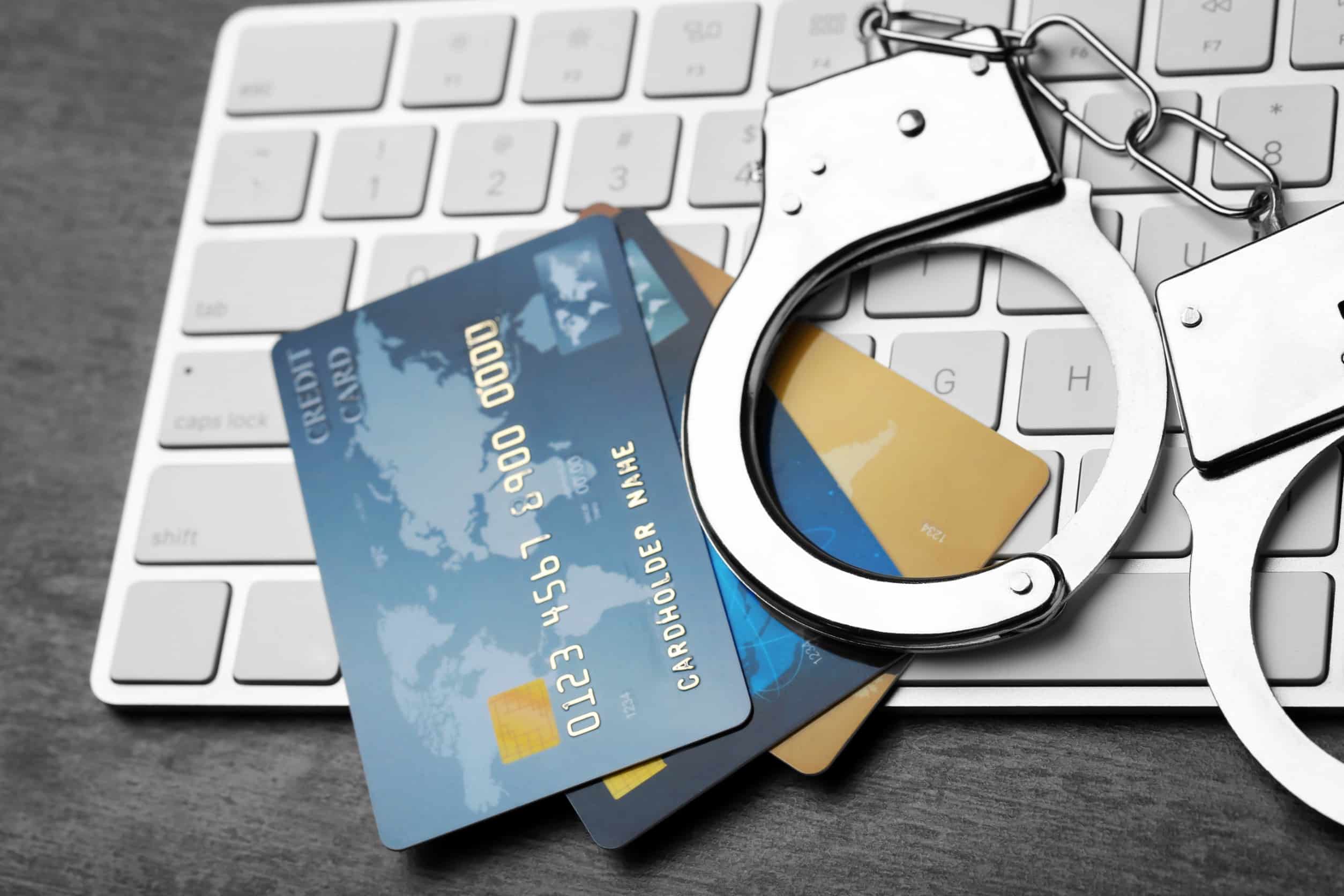 Credit card fraud may not seem like a serious crime because it happens daily to people all over the globe. This can lead to the mistaken impression that it is no big deal. But we can assure that federal prosecutors do not take credit card fraud lightly.
Credit card fraud may not seem like a serious crime because it happens daily to people all over the globe. This can lead to the mistaken impression that it is no big deal. But we can assure that federal prosecutors do not take credit card fraud lightly.
Credit card fraud is a form of identity theft that is illegal under both federal and Texas law. This crime can be perpetrated in several ways with dire consequences, regardless of how it is committed. So it’s important for anyone who may be charged with this crime to understand what it could mean for their future.
If you’re facing federal credit card fraud charges, then it’s serious. Here is what you need to know.
Credit Card Fraud Laws
In many cases, credit card fraud gets perpetrated when someone uses a credit card without authorization. Credit card fraud can include physically taking the card from the rightful owner’s possession or gaining access to their card information to use it. There are schemes over the computer to defraud people of their credit card information and various electronic means of obtaining the information for nefarious purposes.
Credit card fraud can be charged when someone uses the card information. Still, it can also occur if new accounts get opened with stolen information. Fraud happens when purchases are made with stolen personal information, using a skimmer to access credit card information, or even possessing counterfeit devices.
When Does It Become a Federal Crime?
The federal government can become involved in a credit card fraud case when foreign or interstate commerce is involved. If that sounds complicated, it’s not. Suppose anyone makes an online purchase with a stolen credit card or uses the card in another state. That opens the door for federal charges against them for credit card fraud.
Under federal law, credit card fraud can also fall under computer fraud, wire fraud, mail fraud, and financial institution fraud.
Penalties for Federal Credit Card Fraud
If a person gets convicted in federal court of credit card fraud, they face severe penalties. Penalties can include 15 years in federal prison and fines up to $250,000. Fines depend on the specifics of the crime committed. In some cases, the court may also order the perpetrator to pay restitution to the victims of the crime.
It’s also notable that if a person gets convicted of federal credit card fraud, they will be required to forfeit items or money acquired illegally.
You Can Fight Back
No matter what you are accused of in the United States, you have the right to defend yourself against the charges. When you are accused of federal credit card fraud, you should make sure to get a skilled and experienced attorney on your side to help fight against the charges.
Each case is unique, so the plan to fight back against federal credit card fraud charges will depend on your case’s specifics. Some common defenses used are listed below.
Lack of Intent
One of the critical components of any credit card fraud case is intent. Anyone who commits an unlawful act under federal statutes concerning credit card fraud must have the intent to defraud. If you can show in court that you had no such intention, that may be a solid defense.
How can this be proven? Some examples include gifting cards as a present while unaware that the cards in question were obtained illegally. At the very least, the federal government has to display that you willfully and knowingly intended to defraud, so any evidence to the contrary is a positive thing for your defense.
No Foreign or Interstate Commerce
Federal credit card fraud requires foreign or interstate commerce to have taken place to be charged with the crime in federal court. If you didn’t, for example, make an online purchase with a credit card, that could be enough evidence to have the federal charges dropped. You may still face credit card fraud.
You Had Permission
A situation can occur when a person has a reasonable belief that they are permitted to use a person’s credit card. In these cases, a demonstration of what led you to hold that belief can work in your favor to help win your case.





